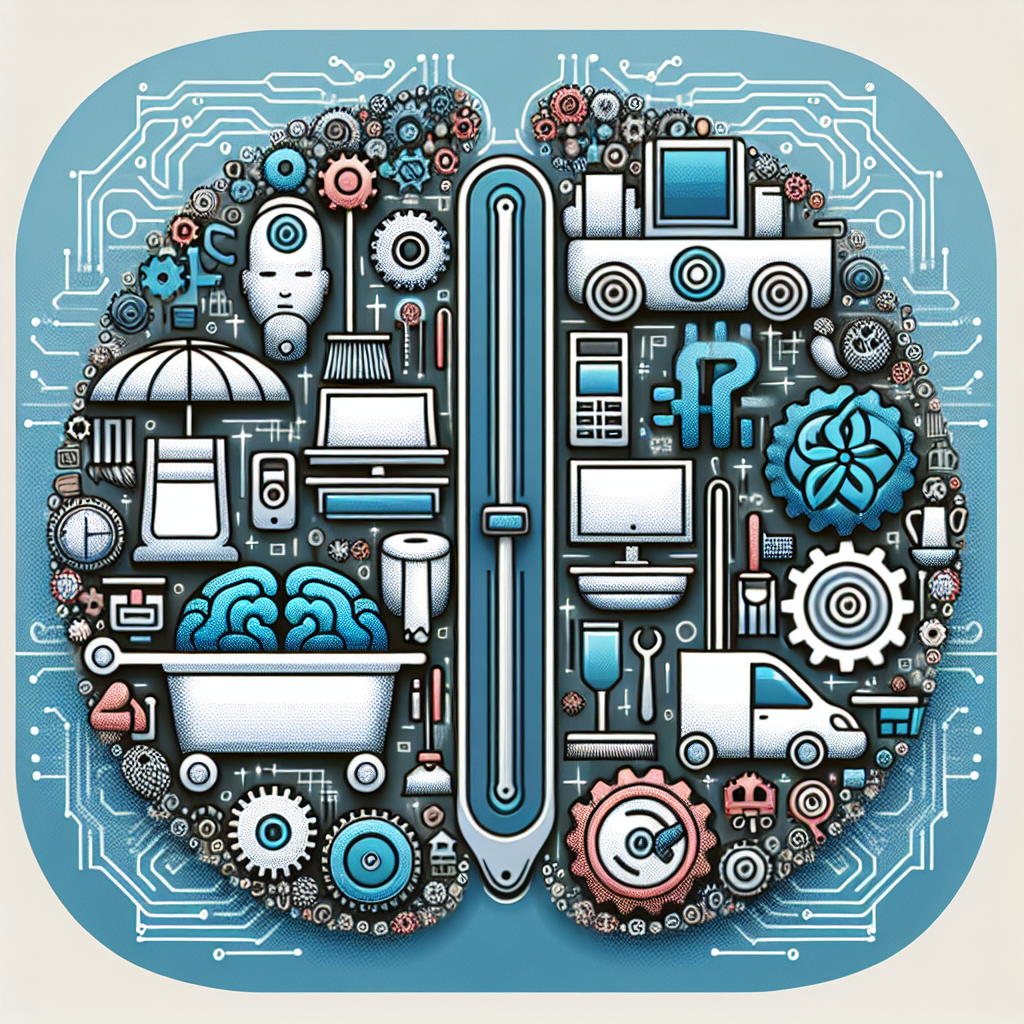The hospitality industry has undergone a significant transformation in recent years, with the integration of artificial intelligence (AI) technology into various aspects of hotel operations. One area that has seen a notable change is housekeeping, where AI has revolutionized the way tasks are carried out, leading to increased efficiency, improved guest experiences, and reduced operational costs.
Traditionally, housekeeping in hotels involved a manual process of assigning tasks to staff, monitoring their progress, and ensuring rooms were cleaned to a high standard. However, with the advent of AI technology, hotels now have access to sophisticated systems that can automate many of these processes, making them more efficient and streamlined.
One of the primary ways AI has transformed housekeeping in hotels is through the use of smart room sensors. These sensors can be installed in hotel rooms to monitor guest activity, such as when they enter or leave the room, and adjust cleaning schedules accordingly. For example, if a guest checks out early, the sensor can alert housekeeping staff to clean the room sooner, saving time and resources.
AI-powered cleaning robots have also become increasingly popular in hotels, as they can autonomously clean and sanitize rooms, reducing the need for human intervention. These robots are equipped with advanced sensors and cameras that enable them to navigate around obstacles, detect dirt and debris, and ensure rooms are cleaned to a high standard.
Another way AI technology has transformed housekeeping in hotels is through the use of predictive analytics. By analyzing data on guest preferences, occupancy rates, and cleaning schedules, AI systems can predict when rooms are likely to need cleaning and allocate resources accordingly. This not only improves efficiency but also helps hotels provide a more personalized experience for guests.
In addition, AI-powered chatbots have become a valuable tool for housekeeping staff, allowing them to communicate with guests in real-time and address any issues or requests promptly. These chatbots can provide information on hotel amenities, room service options, and local attractions, enhancing the overall guest experience.
Overall, the integration of AI technology into housekeeping operations has revolutionized the way hotels manage their cleaning processes, leading to increased efficiency, improved guest satisfaction, and reduced costs. As AI continues to advance, we can expect to see even more innovations in this area, further enhancing the guest experience and setting new standards for cleanliness and service in the hospitality industry.
FAQs:
Q: How does AI technology improve the efficiency of housekeeping in hotels?
A: AI technology can automate many of the manual processes involved in housekeeping, such as assigning tasks, monitoring progress, and adjusting cleaning schedules. This leads to increased efficiency, reduced costs, and improved guest experiences.
Q: Are AI-powered cleaning robots effective in maintaining cleanliness in hotel rooms?
A: Yes, AI-powered cleaning robots are equipped with advanced sensors and cameras that enable them to navigate around obstacles, detect dirt and debris, and ensure rooms are cleaned to a high standard. They are an effective tool for maintaining cleanliness in hotel rooms.
Q: How do smart room sensors enhance the guest experience?
A: Smart room sensors can monitor guest activity, such as when they enter or leave the room, and adjust cleaning schedules accordingly. This ensures that rooms are cleaned promptly and to a high standard, enhancing the guest experience.
Q: What role do AI-powered chatbots play in housekeeping operations?
A: AI-powered chatbots allow housekeeping staff to communicate with guests in real-time and address any issues or requests promptly. They can provide information on hotel amenities, room service options, and local attractions, enhancing the overall guest experience.

